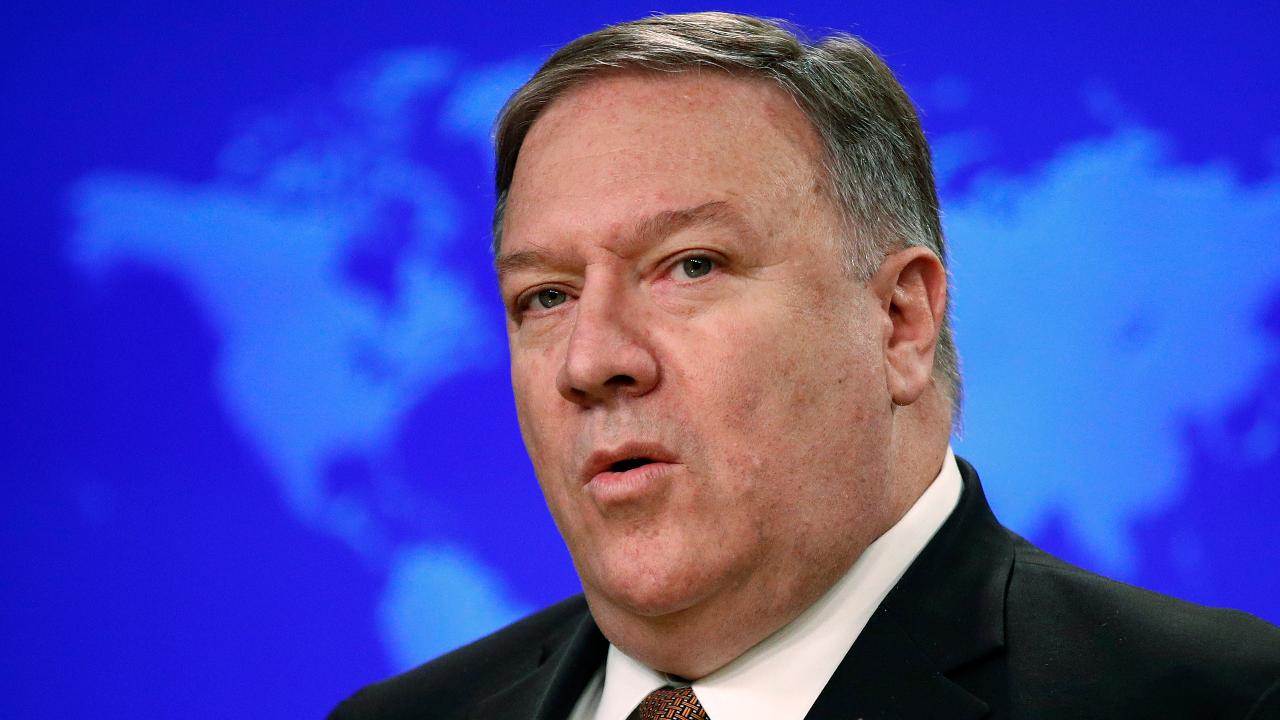US to end Iran sanctions waivers: What it means for gas prices and your wallet
President Trump threw down the gauntlet Monday as his administration said it will not renew waivers to buyers of Iranian crude when they expire May 2. This means, beginning next month, all countries that continue to import Iranian oil will be subject to U.S. sanctions. It will also mean higher gas and diesel prices for U.S. consumers.
The Trump administration is working toward its goal of reducing Iranian oil exports to zero. While this latest move will more than likely put unprecedented economic pressure on the Iranian regime, it will also give renewed political clout to Saudi Arabia and the United Arab Emirates (UAE) as they have agreed to match lost Iranian oil barrel for barrel. The good news is that it will help U.S. shale producers who were blindsided last year when the White House issued waivers on Iranian oil imports to China, India, Japan, Turkey, Italy, Greece, South Korea and Taiwan.
That move rattled global oil markets. The waivers caught OPEC and U.S. energy producers by surprise and cost them a lot of money, as they had raised production to offset the losses of Iranian crude.
At the time, the U.S. granted the waivers over concerns about pressure on gasoline and diesel prices. This time the U.S. is looking to mainly the Saudis and the UAE to rise to the occasion and offset those lost barrels.
Yet before they do, they may wait to see if the Iranian barrels actually come off. These players do not want to raise output only to get stuck holding the barrel if prices crash. They may want to wait until they see the U.S. standing behind its words on this. They may also want to verify that the biggest buyers of Iranian crude, China and India, actually stop buying.
This hesitation means that more than likely WTI oil will head back to $70 a barrel and the average price for U.S. gas will probably climb to over $3.00 a gallon this summer. Including this latest move, we have supply issues on many fronts. Venezuela, Libya and now the pressure is tightening on Iran -- and unless OPEC steps up and raises production quickly, the world is going to end up with a shortfall of supply.
CLICK HERE TO GET THE FOX BUSINESS APP
On the positive side, U.S. energy companies may start to recover some lost profits from the last set of waivers, but at the gas pump the pain will be felt.
Phil Flynn is senior energy analyst at The PRICE Futures Group and a Fox Business Network contributor. He is one of the world's leading market analysts, providing individual investors, professional traders, and institutions with up-to-the-minute investment and risk management insight into global petroleum, gasoline, and energy markets. His precise and timely forecasts have come to be in great demand by industry and media worldwide and his impressive career goes back almost three decades, gaining attention with his market calls and energetic personality as writer of The Energy Report. You can contact Phil by phone at (888) 264-5665 or by email at pflynn@pricegroup.com.




















